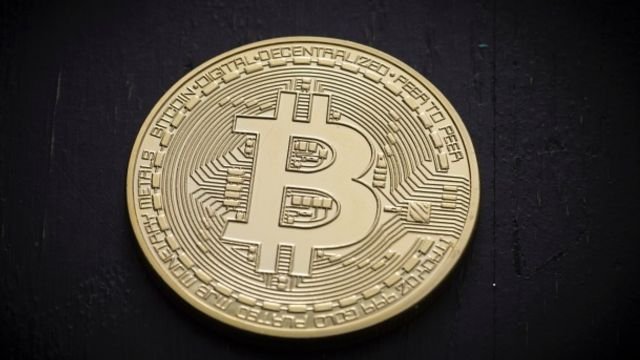Top Cryptocurrency Myths: Since they were first presented in 2009, the number of people using cryptocurrencies has grown a lot. There are a lot of myths and stories about these digital currencies because they are hard to understand and a bit mysterious.
Here are some of the most popular cryptocurrency myths, in no particular order, along with a look at the facts to help you decide if they are true or not.
#1: Digital money is only used for illegal things.
One of the oldest and most popular misconceptions about digital currencies is that most people use them to do illegal things. It’s true that people with bad intentions and crime groups have used digital currencies, but the same could be said about any type of money used throughout history.
Chainalysis, a business that helps police solve cryptocurrency crimes by analyzing blockchain data, says that the number of illegal cryptocurrency transactions dropped to 0.15 percent of all cryptocurrency transactions in 2021, which is the most recent report. Only a small number of these trades were made, but 82% of them were scams.
#2: Digital currencies are worthless
worth is a subjective idea. One person, group, or society may put worth on something that another person, group, or society throws away. For example, the first cryptocurrency, Bitcoin, was worth a few thousandths of a cent when it came out in 2009.

It kept getting more and more famous, and in 2021, it was worth $69,000 per Bitcoin. Its rise in value shows that how a society sees an asset is very important in deciding whether or not it has worth.
Ethereum, the blockchain ecosystem that runs the cryptocurrency ether (ETH), is the building block for non-fungible tokens, decentralized finance apps, and other technological advances in digital asset ownership.
ETH may not be worth as much in dollars as Bitcoin, but a business making financial products and services that use the Ethereum blockchain and smart contracts will find it much more useful and valuable.
#3: Cryptocurrency is not safe
The blockchain is the most important part of Bitcoin. A blockchain is a shared database that is protected by encryption methods and technology that are very hard to break. As new transactions are added to the blocks in the blockchain, information about past transactions is recorded and secured in the new blocks.
Each new block adds to the chain, and a group of automatic checkers has to agree that the information in the transactions is correct. Because of encryption, linked blocks, and consensus processes, it is almost impossible to change information in the blockchain to “steal” cryptocurrency.
#4: Using digital currencies hurts the environment
There are many good reasons to worry about how digital currencies affect the world. Some cryptocurrencies use a consensus system that verifies and approves transactions by using a lot of computing power and a lot of energy.
Over time, one token, Bitcoin, has become more popular and valuable. Large mining operations have sprung up to take advantage of the rise in fame and corner the market for crypto mining.

Each of these mining farms needs a huge amount of energy to run the mining rigs. When all of this energy is added up, it’s the same amount of energy that some small countries use. But the effect on the environment depends a lot on where the energy for the mining activities comes from and how that affects the power grid.
#5: Cryptocurrencies are a Fraud
Cryptocurrencies are now accepted as a form of payment at many stores and shops. People are using them to buy and sell things, and governments are trying to figure out how to control them. Most coins don’t have programming, code, or anything else that could be used to steal your money.
But people have made scams to try to get you to give them your money or coins. For example, there have been a lot of initial coin offerings, which are a way for new cryptocurrency businesses to raise money without being controlled, that turned out to be scams.
In other cryptocurrency scams, someone might try to get you to accept transactions that haven’t been checked or call you claiming to be from the government, and ask you to pay your debts in cryptocurrency.
#6: Cryptocurrencies are actual money
The International Monetary Fund says that money is a way to store value, a unit of account, or a means of exchange that is widely used and can be turned into prices.
The Financial Industry Regulatory Authority (FINRA) says that cryptocurrency is a digital representation of a value that is kept using cryptography.
The IRS thinks of cryptocurrency as “convertible” cash, which means it has the same value as “real” money. Cryptocurrency transactions are taxed, and you must report any capital gains or losses from keeping them on your tax forms.



Comments are closed.